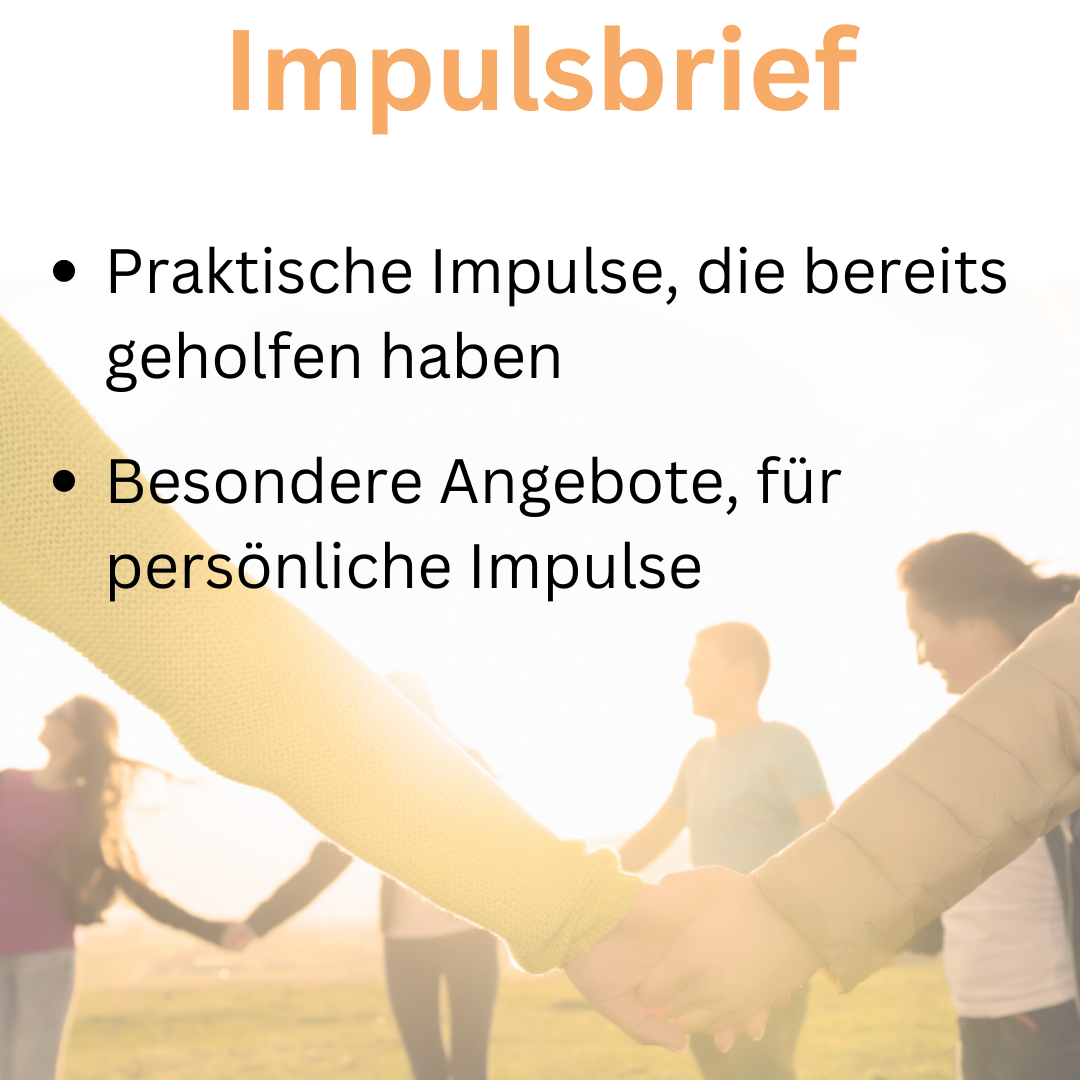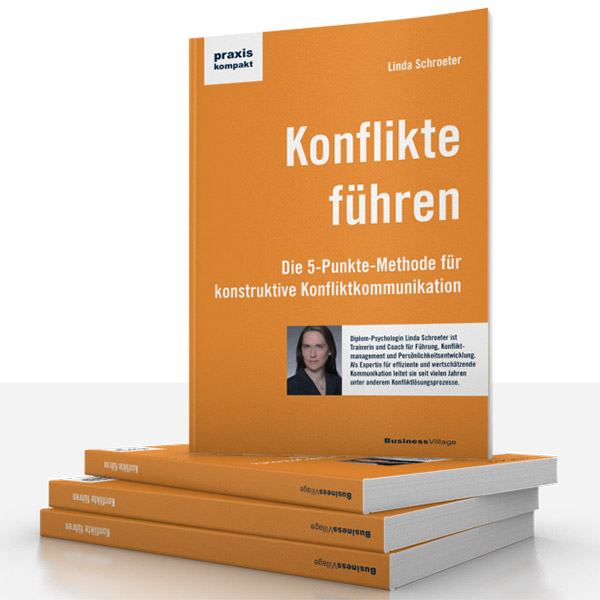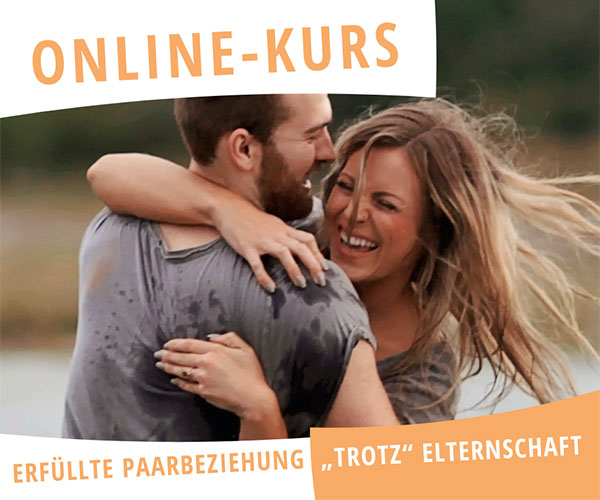Almost everyone knows that…
A seemingly harmless comment from a co-worker, criticism from the boss or a reproachful look from a spouse… and suddenly we feel much smaller or become very angry inside…
Sometimes we react much more strongly than we actually want. And of course, this is not helpful at all, especially in conflicts. When we suddenly fall from factual problem-solving mode into helpless rage and can hardly think of a clear, mature, let alone constructive thought.
What happens there? And above all: What can you do then?
Let’s look at this with an example.
Let’s say Paul Müller comes to his boss’s office on Monday. His boss says: “What did you send out to the customer Bauer on Friday? That was below our standard! Please correct that as soon as possible!”
From a purely factual point of view, Mr. Müller could think: “Hmm, that’s right. On Friday I really just wanted to get off work quickly and didn’t take any more time for a control round. Then I must have overlooked something. And the boss seems to be pretty stressed because he’s afraid of losing the customer.” That’s what he would probably think as a 48-year-old man.
In fact, he collapses Müller. He feels like a schoolboy standing at the blackboard and getting the problem wrong. First he feels a lump in his throat and then he gets angry. What a disgrace, how the boss treats him!
He stomps out of the office and is completely beside himself at first. A sober examination is out of the question right now. Maybe he answers grumpily to a colleague. Inwardly he is boiling and imagining scenarios of how he would react to such a request from the boss the next time. The morning is down the drain.
Why are we reacting so intensely?
Sometimes as children, young people or adults we experience something that overwhelms us and maybe even hurts us. If we then have support afterwards to process this experience, everything is fine. As children we may be understood, comforted and held. When we are young people, someone discusses the hurtful situation with us and we come out stronger. Or as adults, we may be able to reflect for ourselves on what went wrong and how we can deal with it successfully in the future.
But what happens when we experience overwhelm or injury and are left alone with it and don’t know how to deal with it?
Let’s get back to Mr. Müller.
Apparently, Mr. Müller actually was once a schoolboy. And he did have a teacher who belittled and shamed students who made mistakes on the board.
Mr. Müller – then Paul – would have preferred to sink into the ground. Jumping back in time: He really can’t tell his parents about it. That would only get him in more trouble. He feels sad and ashamed. And although he tries really hard, sometimes he just doesn’t understand math. He feels helpless because he doesn’t know how to avoid such a shameful situation.
When we cannot resolve an overwhelming or hurtful experience, we push that experience away internally. Paul doesn’t want to have anything to do with the helpless, failing Paul. That only hurts. He wants to be cool and brave and invulnerable. He shows his courageous side, stays cool when the teacher insults him and pushes the negative emotionality away. He banishes the vulnerable child-part to the hidden basement of his soul.
Pushing away is unfortunately not magic away
The unprocessed injury and the associated emotions remain stored in him.
And when Mr. Müller is confronted with a situation that reminds him of the unprocessed situation, the emotions surge up again.
What can we do when old emotions seem to overwhelm us?
#1 “Catch” yourself kindly
The most important thing is learning to notice when it happens. It’s easy to see from the outside: the screaming boss, the offended colleague, the silent intern… We can see immediately when they’re reacting to more than the current situation.
But how can we notice this in ourselves?
Signs that a “basement child” is taking control can be:
- The feeling of shrinking
- Suddenly feeling helpless, angry, beside ourselves, deeply sad or hurt
- Have the urgent impulse to scream, run away, attack, hurt, want to turn ourselves off inside…
- The impulse to numb us, be it with the cigarette, the coffee, the beautiful impulse cards, the chocolate,…
- Having the feeling of not being “quite there” anymore, of floating above us, of not really feeling ourselves
And once we’ve noticed, what then?
#2 Regain adult consciousness and stabilize the system
When we notice this “takeover,” we can internally:
1. Stop (and breathe in deeply): realizing that we need our adult mind to take care of us and reactivating the adult mind
2. Ask ourselves – what helps us now to deal with this intense emotionality, these intense impulses to act?
We can do various things to get our nervous system and our consciousness out of this shock or trigger state. Here are a few examples that also work in everyday office life:
Be active:
- Moving with a change of location: fetching tea, changing rooms, walking around the block, getting copy paper from the other department,…
- Go to the washroom and there, if we are reasonably undisturbed: put warm water in your mouth and rinse your face with cold water
- Lock ourselves in the toilet and shake or jump in a controlled manner in case of strong anger or strong emotions – first reduce the adrenaline in a targeted manner in order to be able to think clearly again
- “Sport”: Start the lunch break earlier and, for example, go for a quick round in the park around the corner
- Only suitable for the home office: toning, singing, humming
Give us support, calm us down:
- Belly breathing in and out evenly for a long time. If we breathe out a little longer than we breathe in, it works even better. But even 3 deep, calm breaths often work wonders to regain consciousness.
- Hear a soothing playlist of music and/or sounds that tells us: It’s okay. This pain will pass. We’ll find a way to handle it well. The world won’t fall apart. Everything will be fine. Examples of this can be: relaxing music, raindrops, stirring pasta, fire sounds, a ticking clock (like Grandma’s), duck sounds, … We can hear that in the office maybe via headphones.
- Locking ourselves in our own office or closet, or going to the washroom for a few minutes of privacy. There we can e.g.:
- holding our joints, our arms, our feet with pressure
- hug ourselves tightly or (perhaps in the home office) let someone else hug us tightly
- Put our hands on your neck and heart (or forehead).
When we feel very emotional and very small, this helps:
- Hug our knees and swing back and forth (of course only with the door locked or in the home office)
Mentally can help:
- The simple question: How important will this event be to me in 5 years?
- Orientation: What am I perceiving right now? What do I see? What am I feeling what am I hearing Where am I? What day is it? What is important to me as an adult?
- Anger or stress scale: How much do I feel the current stress on a scale of 1-10? On a scale of 1-10, how important will this topic be to me in a year’s time? -> Helps to gain distance.
- Laughter – jokes, cabaret, funny movie trailers… The body cannot feel stress and relaxation at the same time. Headphones and YouTube or Odyssey can help here.
#3 What do we do when we regain our adult sanity?
When the main consciousness is activated again as the main consciousness, we can – if possible – be present with the injured part. Presence is often the most healing step. Just be there with and for the part in the pain.
As a 48-year-old, Mr. Müller could imagine taking little Paul seriously with his fear of failure and the pain of being hurt. He perceives him with empathy, just as he would perceive and comfort a normal, “outer” child. He could tell him, “You never have to go to that mean math teacher again. And next time, as an adult, I will react to such a situation with the boss. You don’t need to be responsible for that.”
Sometimes that works wonders. Lasting, loving dissolving needs individual coaching for most people. But the good news is: It doesn’t take years of psychoanalysis! Basement kids who are freed in the right way, or just seen, usually just want to go play very quickly… and are happy to put this overwhelming situation back into adult responsibility for good!
And: When basement children show themselves – even if it is usually in the most inappropriate situations – there is energy and potential to be set free!
With the integration of basement children, skills such as the ability to relax, creativity, lightness, humor, the ability to play, teasing, ingenuity and positive cheek come back!
As a first aid I recommend:
Because when we “shrink” we can no longer think logically well, preparation helps. We can print out the list of options and have them ready in case of an emergency.
It also makes sense to try out the methods in a relaxed state, to create the playlist, maybe even to bookmark 2-3 funny videos.
And when the worst comes to the worst, it’s a lot easier to get our adult sanity back than to say or do things we might later regret…
I wish you success!
Linda






0 Comments